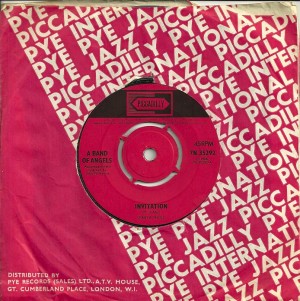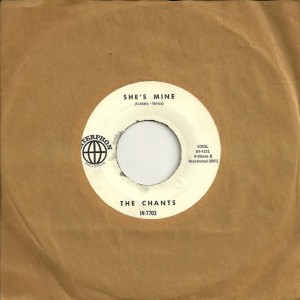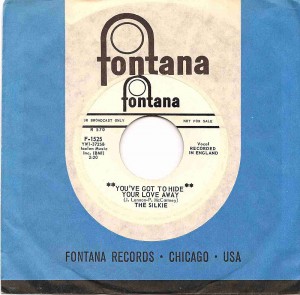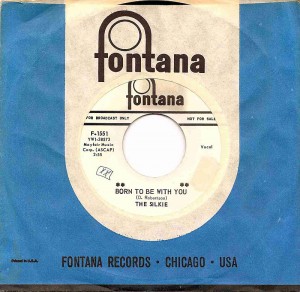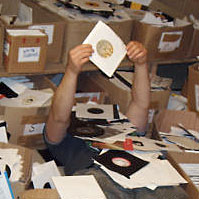Listen: Invitation / A Band Of Angels
Invitation
A Band Of Angels are possibly the most unique of any British Beat group. You see, they actually managed a national US television spot, yet never achieved a domestic release. Not even one single in America. True.
In early ’65, they were on Brian Epstein’s black and white UK segment of HULLABALOO, a weekly installment positioned as a live feed direct from England. It didn’t last long, but I recall a barefooted Marianne Faithfull, also interviewed post song and a bunch of suit/tied Merseybeat acts getting similar looks. Parallel with his management roster, he was very safe, dare I say, white. So forget about seeing anything with a blues or RnB influence in said segment. Never happened. Still, A Band Of Angels were a real treat to this little kid.
I’d seen their photo in 16 MAGAZINE, and was itching for a listen. They performed ‘Not True As Yet’, even crazier given the track was a B side of ‘Me’, a colossal UK flop on United Artists. One listen on that program, and I sang it for years to follow, almost ten, until I landed a copy for myself. That’s both how much I wanted to retain it and how strong the song’s hook was.
Jump forward to summer ’66, and the band’s recorded peak, ‘Invitation’, gets a UK release. The single has become more appreciated through the years, slowly revered in the Northern Soul clubs and deemed as one of Mike D’Abo’s best lead vocals ever. Now that’s saying something, given his later hits with Manfred Mann, like ‘The Mighty Quinn’ and ‘Semi Detached Suburban Mister James’ particularly.
